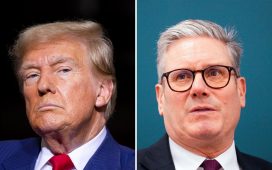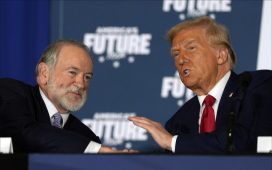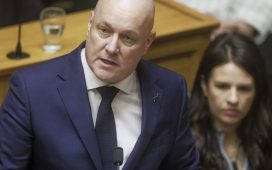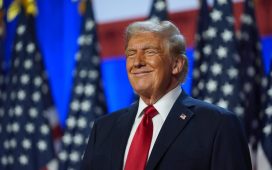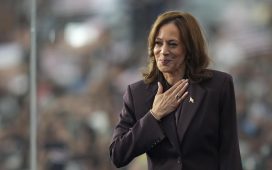German Chancellor Olaf Scholz attends a session of the Bundestag in which new Finance Minister Joerg Kukies was sworn in the day after Scholz fired previous Finance Minister Christian Lindner on November 7, 2024 in Berlin, Germany.
Sean Gallup | Getty Images
Germany is set to hold a federal election in February, earlier than Chancellor Olaf Scholz had originally proposed after his ruling coalition collapsed last Wednesday.
Scholz last week had hinted at an election in March, saying he would hold a confidence vote in January.
The election is set to be held on Feb. 23, according to sources within the parliamentary group of Scholz’ social democratic party (SPD).
The confidence vote is now reportedly due to take place on Dec. 16. It is a necessary step ahead of early elections in Germany as the chancellor must first call for the vote in parliament. If the majority of Bundestag members vote that they no longer have confidence in the chancellor, he can then suggest a dissolution of parliament to the German president.
The president then has 21 days to make the move that triggers an election, which must take place within 60 days of parliament being dissolved. The president also has the final say in setting the election date.
Scholz had faced increasing pressure to hold an election sooner than he had suggested. Authorities over the weekend, however, warned of logistical difficulties and organizational risks if there was not enough time leading to the election date.
The three-year ruling coalition between Scholz’ social democratic party (SPD), the Green party and the free democratic party (FDP) fell apart last week after the chancellor axed former Finance Minister Christian Lindner. Lindner was replaced by Jörg Kukies who was appointed as the new finance minister on Nov. 7.
The coalition breakdown came after months of wrangling between the three former political partners over economic and budget policies, which Scholz and Lindner referenced as key factors behind the collapse. It remains unclear when and how a 2025 budget will be finalized.
Scholz’ SPD and the Green party will form a minority government in Germany until the election in February. The chancellor has said that he hopes to pass some laws in the final few months of his tenure.
Attention will soon turn to campaigning. Some parties have already selected their lead candidates for chancellor, while others, including the SPD, still need to do so. Some have also already indicated prospective policy plans to local media.
